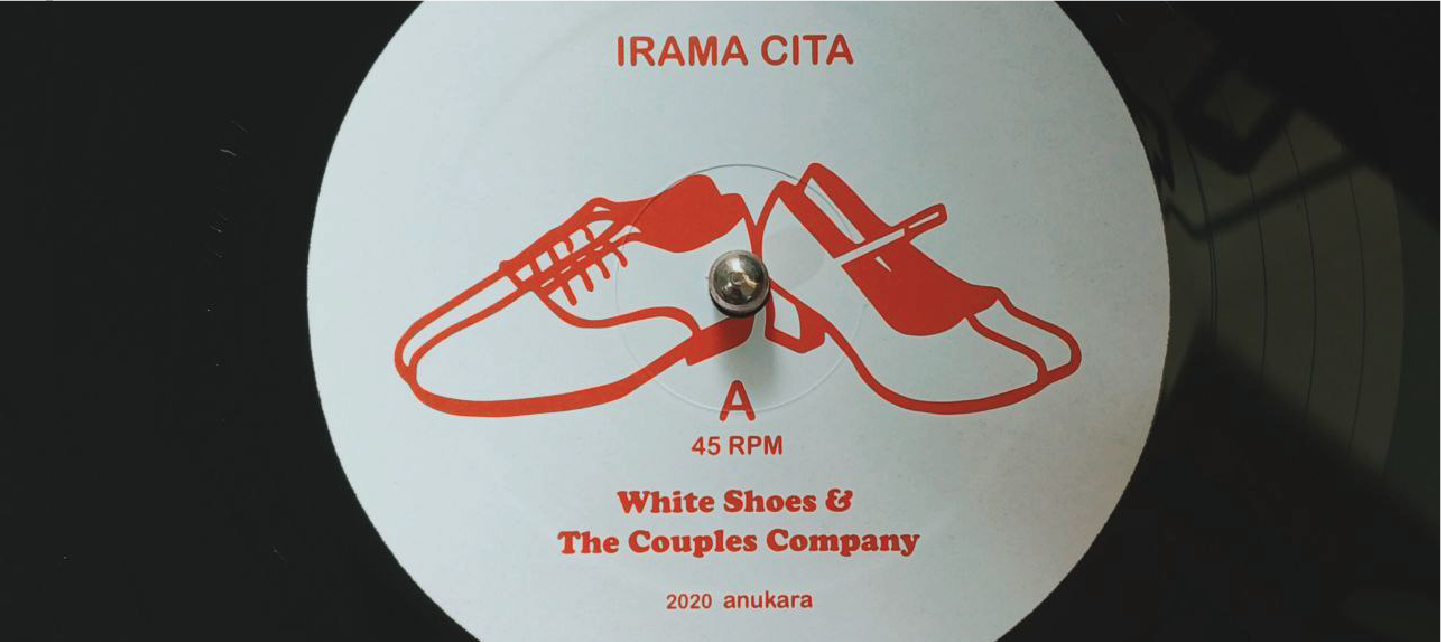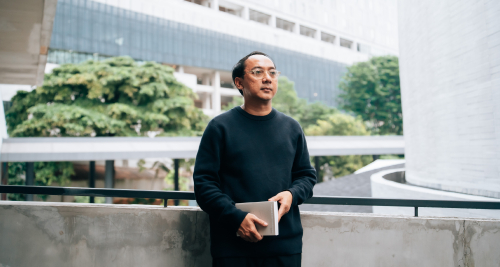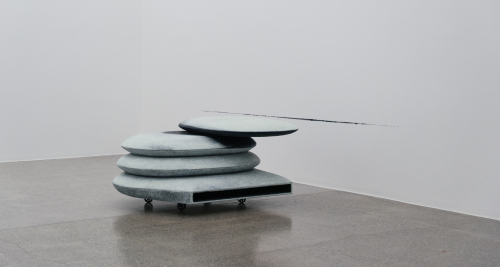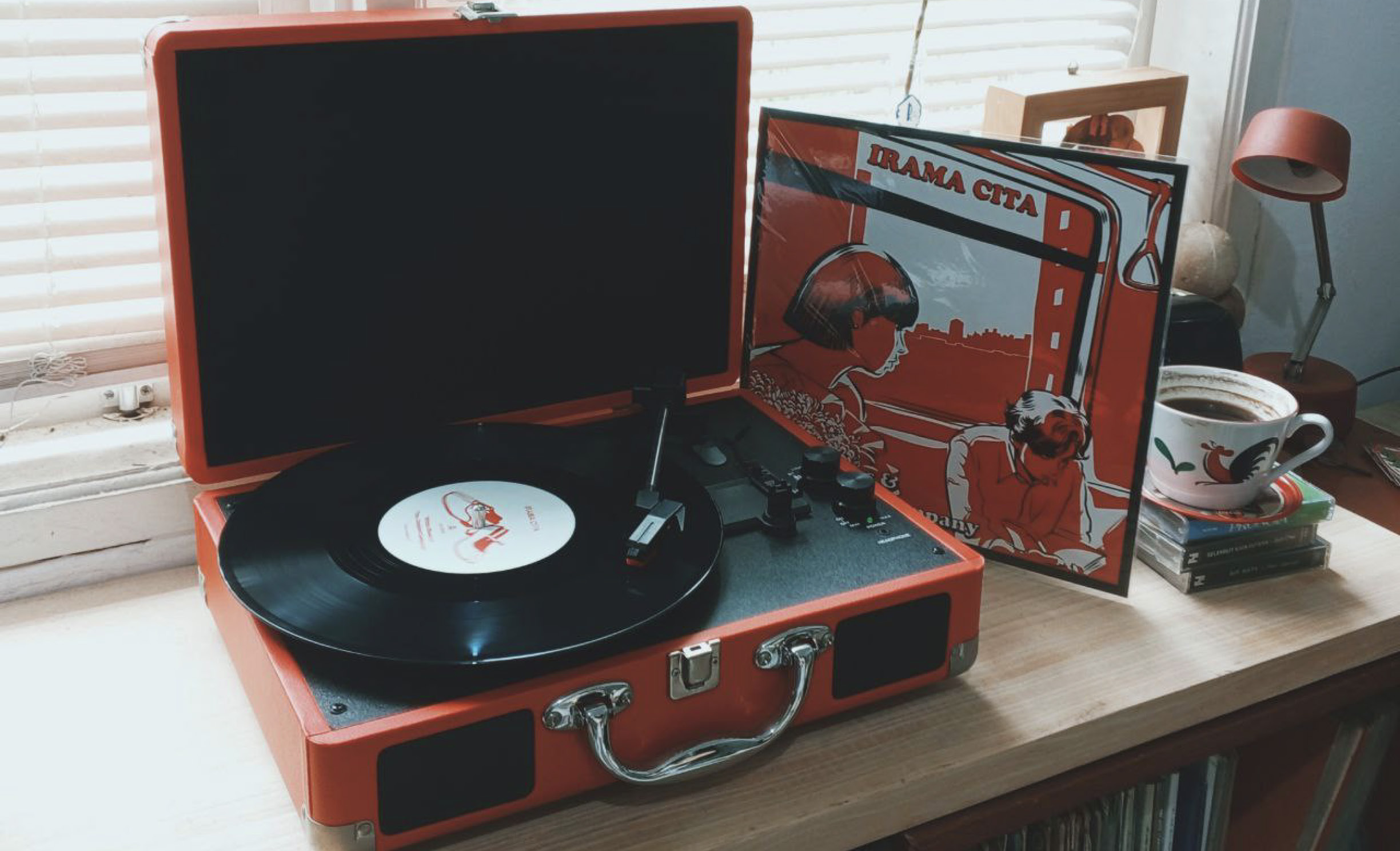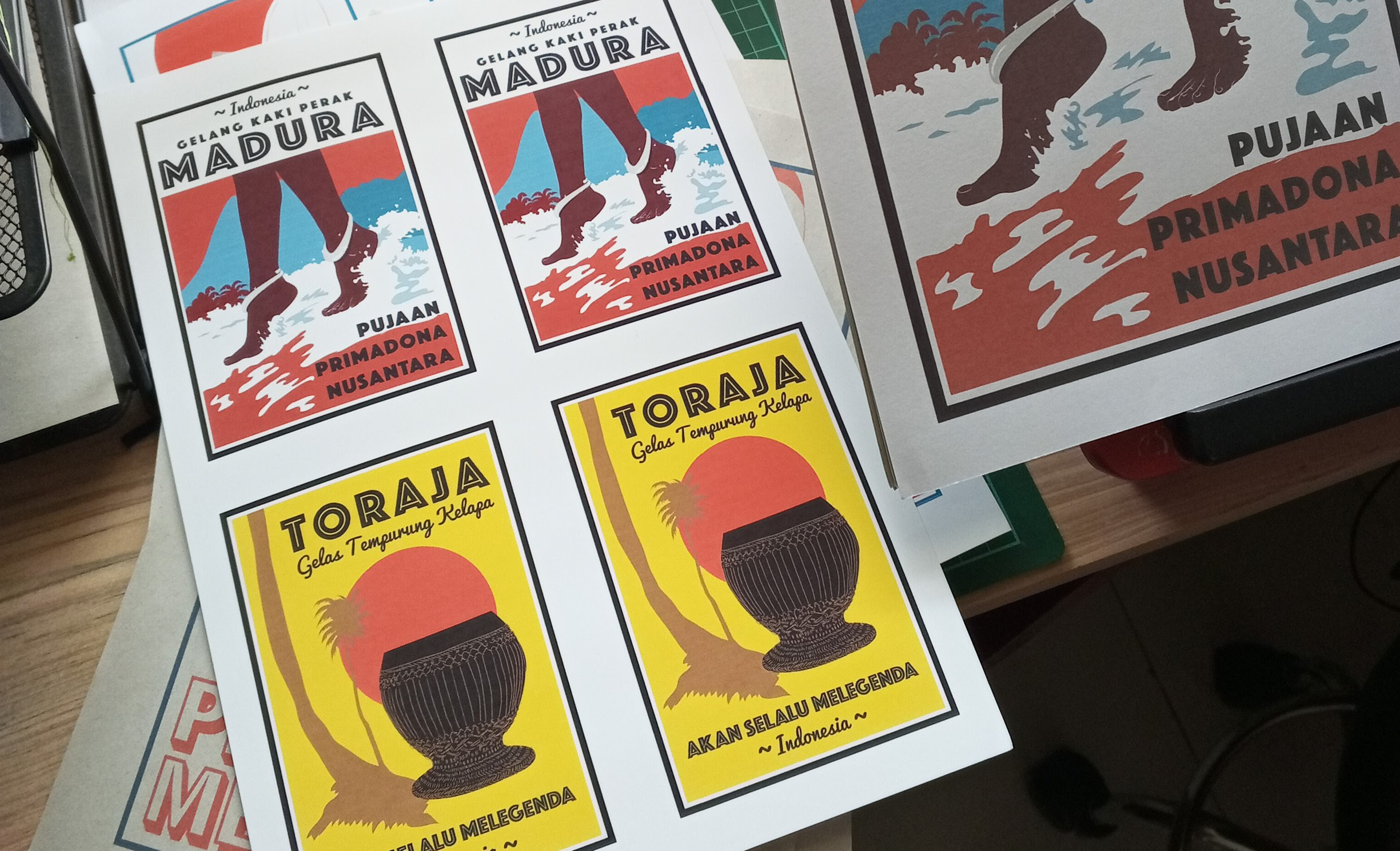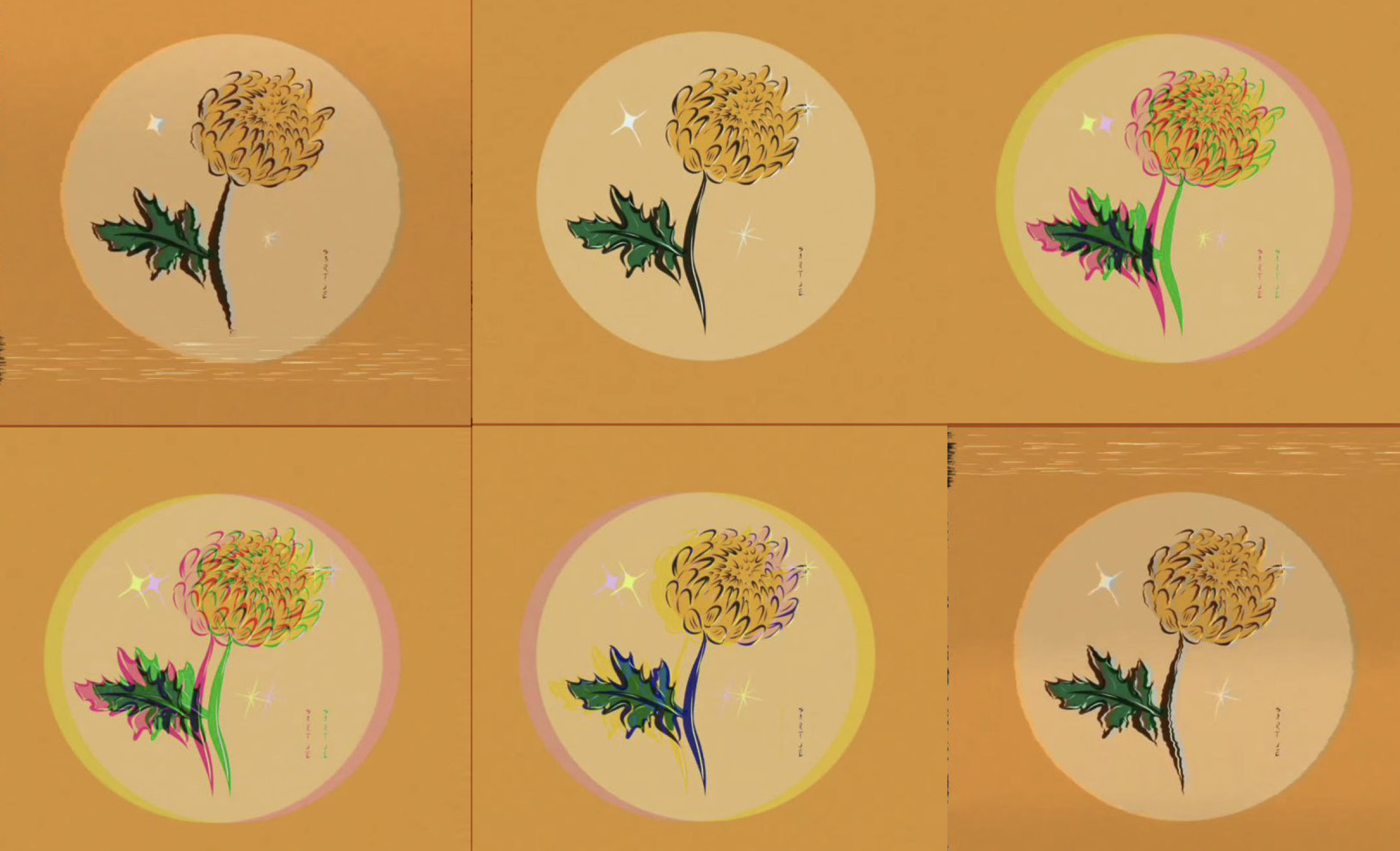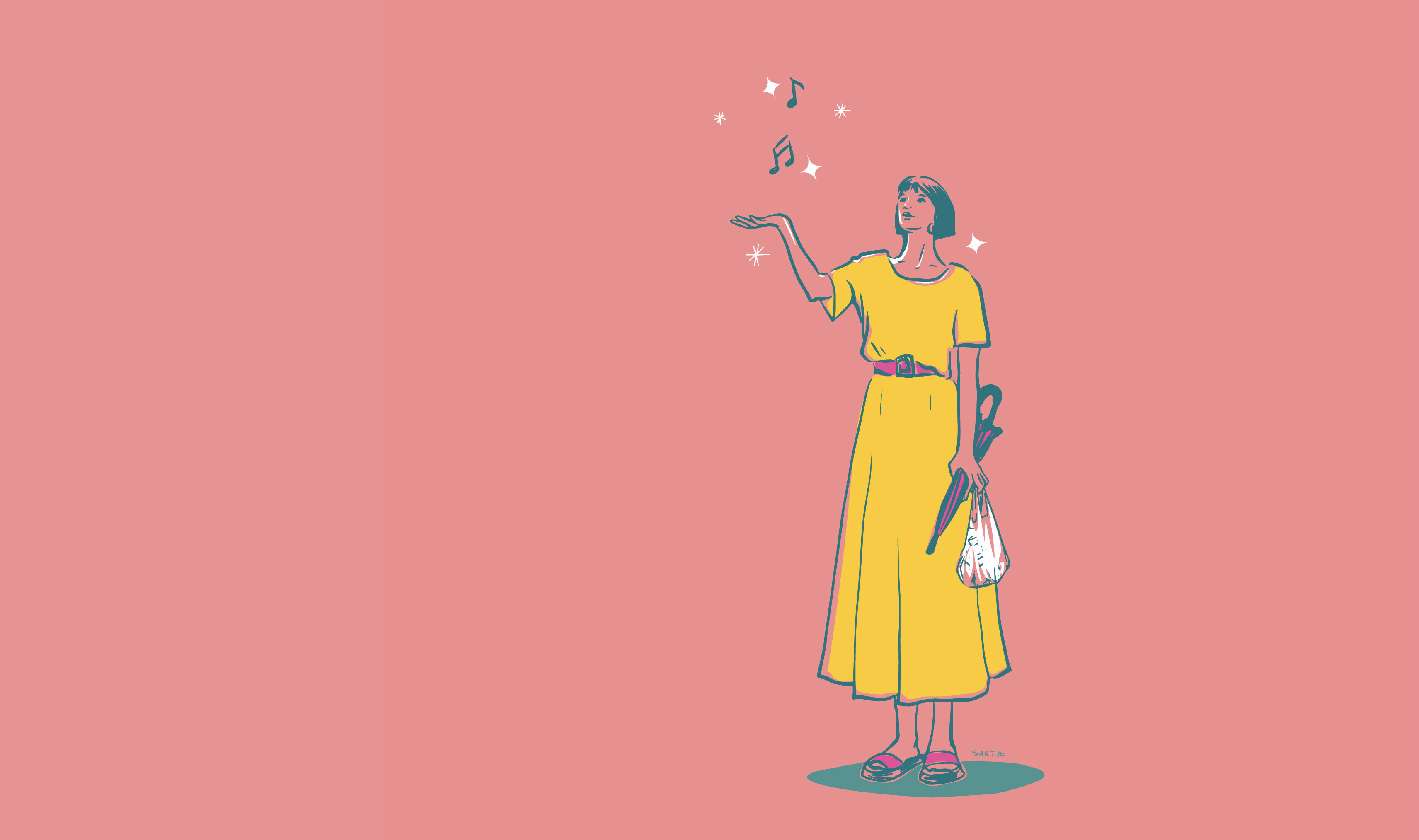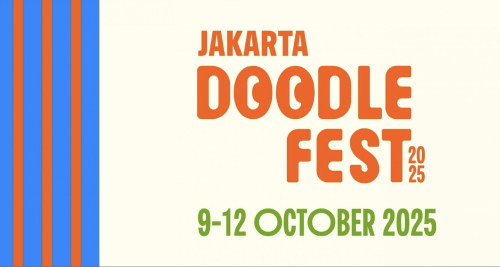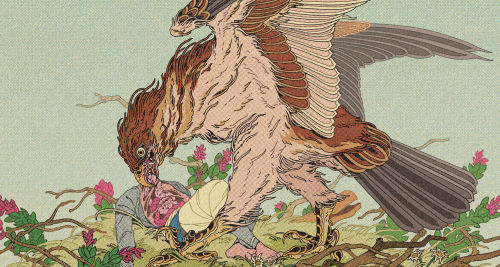Aprilia Apsari’s Artistic Journey and Standpoint
The television program Gemar Menggambar (English: lit. Like to Draw), hosted by artist and educator. Tino Sidin, led Aprilia Apsari, often referred to as Sari, to the visual arts. Since then, her ardor for drawing began to grow, this ardor persists to this day. With the support of her parents, Sari, also known under the pseudonym Sartje, was given the names of a few art and design campuses by her mother and father. According to Sari, her parents understand that she was not as interested in more technical subjects.
She eventually decided to apply for and continue her studies in the Fine Arts major at the Jakarta Institute of Arts (IKJ). Although this was the case, Sari had never actually pictured herself becoming a full-time artist. “Before university, I envisioned myself working at an office, maybe as a graphic designer. However, my creation process in the midst of my study at the [IKJ] Faculty of Art quite significantly changed that aspiration of mine,” Sari said.
In regards to artistic matters, her journey and process in refining her artistic style or visual character cannot be divorced from her interest in all things classic. It all started with his hobby of collecting story books and magazines and watching animated films in the early 90s. According to Sari, during her middle school period, her passion for collecting physical releases such as cassettes and compact discs also to some extent influenced Sari's interest in the world of graphics.
Then everything continued on campus. “College has really been a gateway to the development of my creative process. One of the most impressive things was when I saw the Journal book entitled Boeatan Indonesia Asli by LeBoYe Creations in 2000, a journal containing various archives related to Indonesian dolanan [game] culture," Sari explained.
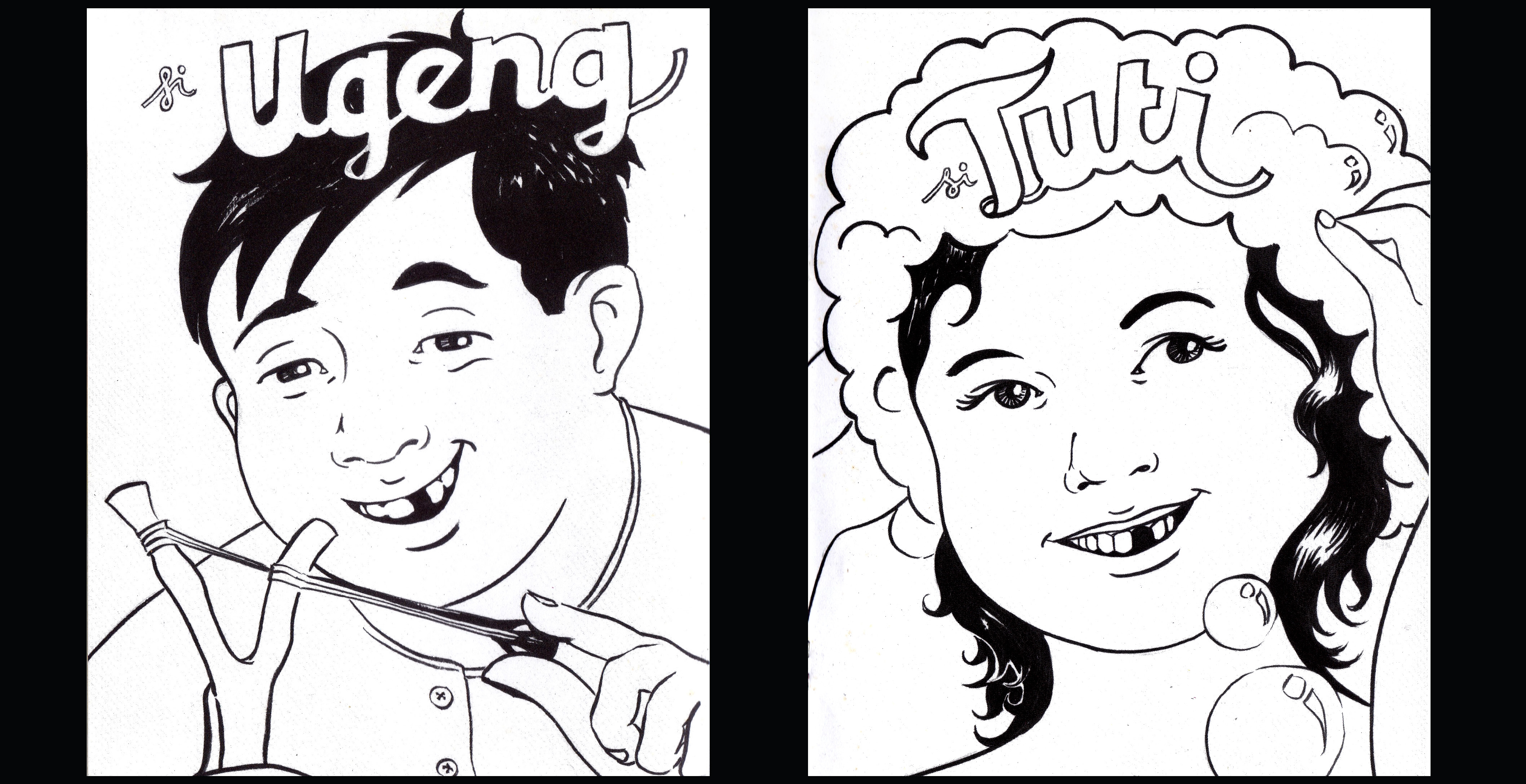
In Sari's view, this moment was a trigger for her to be more appreciative and explore classical Indonesian illustration and design styles. She explained, “I feel it is very related to my daily life. Then after graduating I met close friends who also appreciated this same essence and this continues to this day."
Apart from that, for Sari, some people may only accept retro as just one style. "However, personally, regardless of whether it's good or not, I like the end result of honest and human execution, lo-fi, misprints, expressive hand lines, raw, CMYK," Sari thinks.
As time goes by, Sari's works appear in various presentations. Not only paintings and prints, Sari also works through digital media and motion graphics. Sari said, "You could say this is one way to maintain a playful spirit within us as artists. For me, not limiting what media we create is enough to keep me happily creating.”
Regarding developments and changes in the creative ecosystem, Sari believes that artists are the most important part of the ecosystem. He believes that every artist has their own method of adapting. “Once again, there are no rules as to whether an artist must follow the pace of ongoing ecosystem change. "For me, what is important is that the unity of the ecosystem is maintained and good relations between artists are maintained, that seems more important," said Sari.
Having had a pretty long career so far, Sari also realizes that the existence of the audience will continue to develop and change. According to her, periodically there will always be new audiences and she cannot control the variables of who will enjoy her work. She said, "It could be that our work of art is part of their past or it could be that some of the audience have only recently become acquainted with my work."
As a female artist, Sari sees that the diverse backgrounds of Indonesian artists have many colors and are egalitarian in nature and that makes her comfortable being part of it. “We all support each other and are always happy when we can meet in person during performances or exhibitions. Inspiring and motivating each other is one of the important roles in the realm of art in Indonesia. I think the arts ecosystem will be well maintained if we can look after and respect each other," Sari concluded the conversation.
